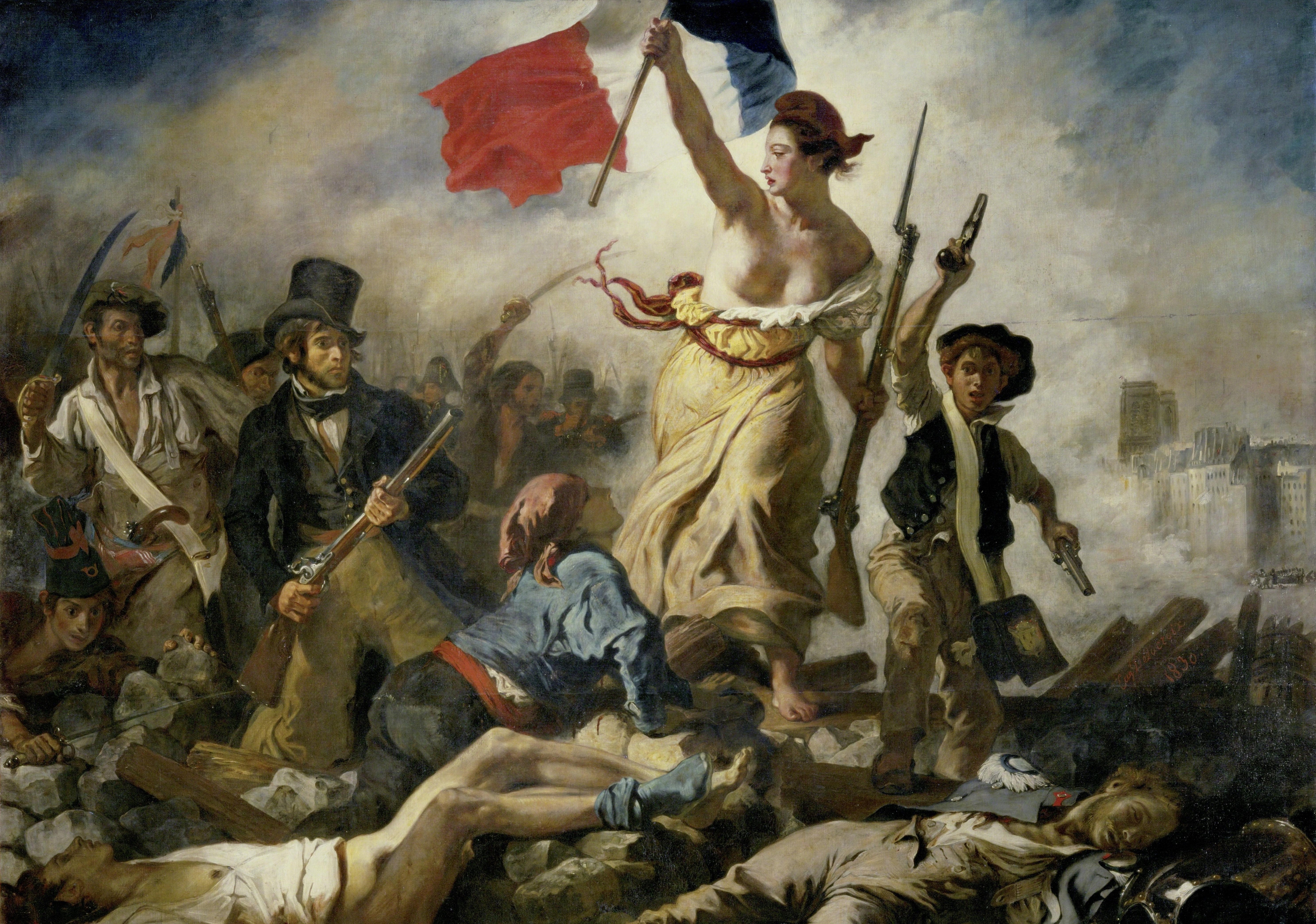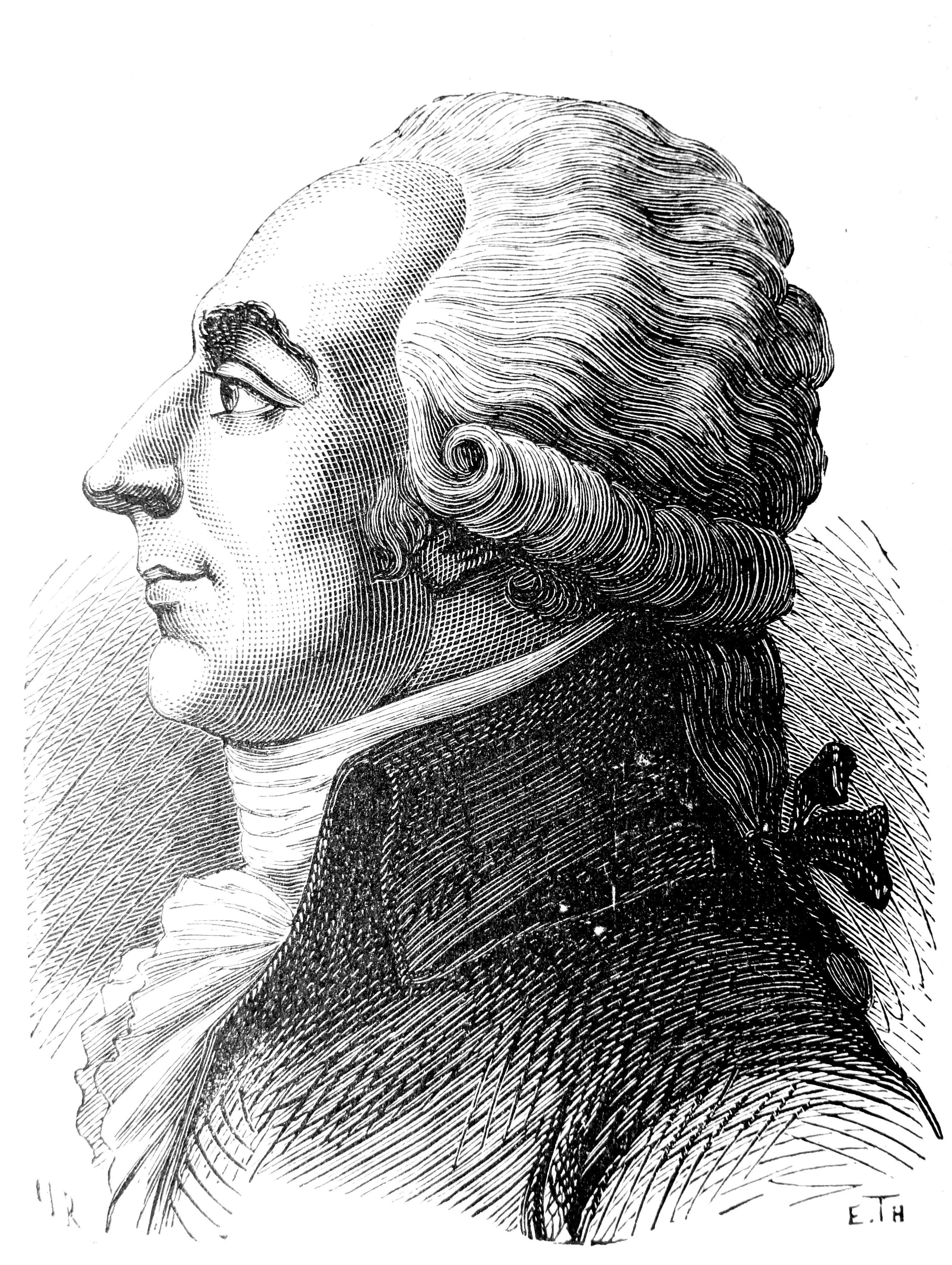Anacharsis Cloots: The Orator of Mankind
Posted by Pete on 24th Jun 2023

The radical who wanted to spread the French Revolution across the globe...
“The rights of man are the same everywhere.”
The French Revolution wasn’t just about France.
It declared universal rights, and denounced the authority of kings everywhere.
This is what unnerved its reactionary opponents so much. But it was also the reason why the Revolution attracted so many supporters abroad.
Mary Wollstonecraft, Immanuel Kant, Thomas Paine, Toussaint L'Ouverture. Countless radical thinkers and activists around the world were excited about what was happening in France after 1789.
But few were so excited, and committed, as Anacharsis Cloots…
The Storming of the Bastille became a symbolic moment in the story of the French Revolution
Click to view our Storming of the Bastille tea towel
Born on this day in 1744, Cloots was an unlikely supporter of French republicanism.
He was born Jean-Baptiste du Val-de-Grâce, the baron de Cloots, in the castle of Gnadenthal, near Kleve.
He was the son of Prussian nobles, a fixture of Europe’s aristocratic elite.
Cloots was destined for the kind of wealth, privilege, and class snobbery which the French Revolution opposed.
But he was going to reject his destiny.
When his father sent him to the Prussian military academy in Berlin, Cloots quickly absconded.
He began to travel, spending the 1770s and 1780s criss-crossing Europe. It was during these travels that Cloots became a radical.

Anacharsis Cloots was nicknamed the 'orator of mankind' and a 'citizen of humanity'
The young Prussian began to question the dominance of established clergies over social life across the region, to the point that he took the radical step of denouncing all revealed religion full stop – that is, religions which focus on divine revelation.
Cloots also started to question the division of the world into nation states, which seemed to be the cause of so much war and suffering. He began to dream of a “Universal Republic”.
And, in 1789, he decided that France was the place where this dream could come true.
With the Storming of the Bastille, Cloots went to Paris to breathe in the French Revolution.
He was most interested in its “cosmopolitan” aspect. Its apparent will to change the entire world.
In June 1790, Cloots led a group of 36 non-French supporters of the Revolution to the National Assembly in Paris.
They went as ‘ambassadors of the human race’ to commend France on the Declaration of the Rights of Man and the Citizen, and argue for its promotion throughout Europe.
“The trumpet that sounded the resurrection of a great people has reverberated in the four corners of the globe, and the songs of joy of 25,000,000 free men have awakened peoples buried under a long period of slavery.”
Both given French citizenship during the Revolution, Paine and Cloots believed in a universal republic
Click to view our Thomas Paine tea towel
But not everyone in Europe was so happy about the efforts of the French to limit the power of their king on the basis of universal human rights.
The other absolute monarchies saw the Declaration of the Rights of Man, and the entire revolution inside France, as a threat. And they geared up for war.
In 1792, it all kicked off, and war began between revolutionary France and the empires of Austria and Prussia.
But Cloots – now going by the less aristocratic and more classical “Anacharsis” – sided not with the country of his birth, but with the country of his political values.
In August 1792, he offered to form a legion of Prussian volunteers to fight for France, and to spread its revolutionary ideals in Germany.
They would be
“translators of universal law, they will dissipate the shadows that hide the impostures of royalty from the sight of nations.”
France, which declared itself a Republic in September 1792, managed to hold off the initial onslaught. But Cloots wouldn’t survive much longer.
Under the Jacobin government of Robespierre, by a sad irony, Cloots’ own internationalist nature saw him condemned to execution.
As the Committee of Public Safety moved against a particularly radical group of French revolutionaries, it implicated the Prussian-born Cloots too, so that they could claim a foreign conspiracy against the Republic was afoot. He was guillotined on 24 March 1794.
Cloots, like
Gracchus Babeuf after him, had proved too radical for the French Revolution, and paid with his life.
Although less well-known than Thomas Paine and the
Marquis de Lafayette, Anacharsis Cloots is a great example of how, at the end of the eighteenth century, revolution was an international affair.


